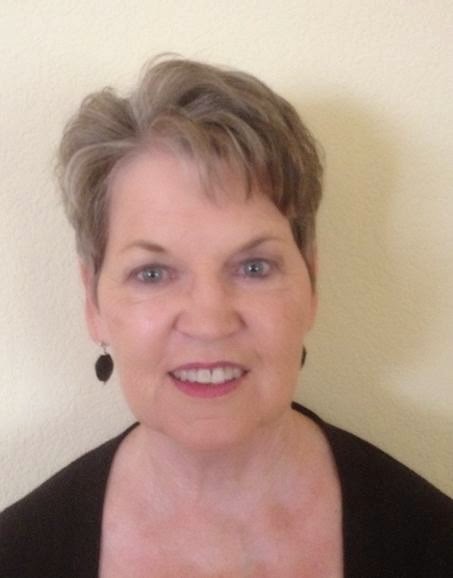Life: Better or Worse after Breast Cancer?

“My heart goes out to any of you who have gone through or are going through it now. But the truth is the difference in your life can be monumentally good. I know my life is much better for it’”. Many can’t imagine how having a better life after being diagnosed with invasive breast cancer is even possible. Kathleen Franklin, retired Superintendent in charge of a large territory of parks and beaches in the Malibu area remembers that day: “Imagine being told in the prime of your life, that you have stage 3 breast cancer. Your everyday world screeches to a halt. You’re in shock. You go through the motions with this terrible background noise ever present in your mind. Your doctor gives you the protocol: Chemo, operations, radiation! If you were to ask me then if I would be better for having breast cancer I would have said no. Unequivocally, NO”! Her journey to rec...




